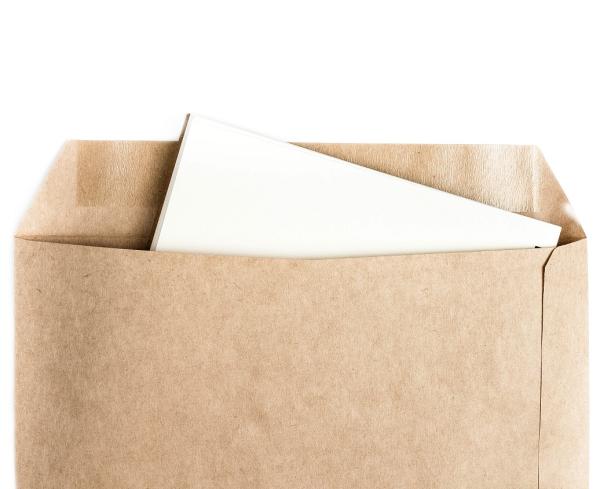
Press release: When NO tax demand spells trouble
Rather than cheer the lack of an expected tax bill this summer, the Association of Taxation Technicians (ATT) is warning such people to brace themselves for bad news from HMRC after Christmas. This is because problems with HMRC’s systems earlier this year will mean that some people may not receive the tax demands they expect by the end of July. Those affected will still need to pay their total 2018/19 self-assessment tax bill by the end of January 2020 and ATT is advising them to make sure they set the money aside to do this.
Most individuals in self-assessment with a tax bill of £1,000 or more will pay their taxes in instalments,1 making payments on account in January and July followed by a final balancing payment by the following January. The amount which must be paid on account is based on the individual’s tax liability from the previous year.
In January 2019, it became apparent that HMRC systems had not always processed payments on account for 2018/19 correctly and that a number of taxpayers’ self-assessment statements did not include demands for the first payment on account due in January 2019.2 Unless affected taxpayers contacted HMRC to correct the position at the time, these individuals will not receive a demand in June or July for the second payment on account due by 31 July 2019.
Jon Stride, Co-Chair of the ATT’s Technical Steering Group, said:
“While it might be tempting to think that not receiving a tax demand is a good thing, ultimately all affected taxpayers must pay their 2018/19 bill in full by 31 January 2020. If a taxpayer does not make any payments on account during 2019, then their tax bill in January 2020 could be significantly larger than they are expecting and could come as quite a shock. We are concerned that taxpayers may not realise what has happened and might not set aside enough money to meet their full tax bill in one amount next January.”
HMRC have advised that if no 2018-19 payments on account have been demanded by them, then the taxpayer does not have to do anything and they will receive a demand from HMRC for the full amount of tax in January 2020.3
Jon Stride continued:
“Individuals who do not receive expected demands should either set aside the funds needed ready for next year or, if they wish, they can make a voluntary payment on account to HMRC of their July payment - and their January payment if that was also missed.
“The risk with making a voluntary payment is that there is no guarantee that HMRC will retain the tax paid. Where there is no corresponding liability on the individual’s record it is possible that HMRC’s systems will see any payments made on a voluntary basis as overpayments, and may well seek to refund the money later as part of their automated processes.
“It is now too late to prevent refunds occurring by asking HMRC to reinstate payments on account for 2018/19 unless the individual voluntarily paid their first payment on account on time in January 2019. Affected taxpayers who cannot get their payment on accounts reinstated will therefore need to consider making their own provisions for a larger than usual tax bill in January 2020.”
Notes for editors
- Self-assessment taxpayers with annual tax demands of £1,000 or less do not have to make payments on account. Neither do taxpayers who are in self-assessment but where 80 per cent or more of their total annual tax is collected at source (for example through PAYE).
- The number of taxpayers affected has not been published by HMRC.
- The ATT has previously published guidance on the issue and what taxpayers and their agents should do if they are affected. HMRC provided a further update in their latest June Agent Update (page 6).















